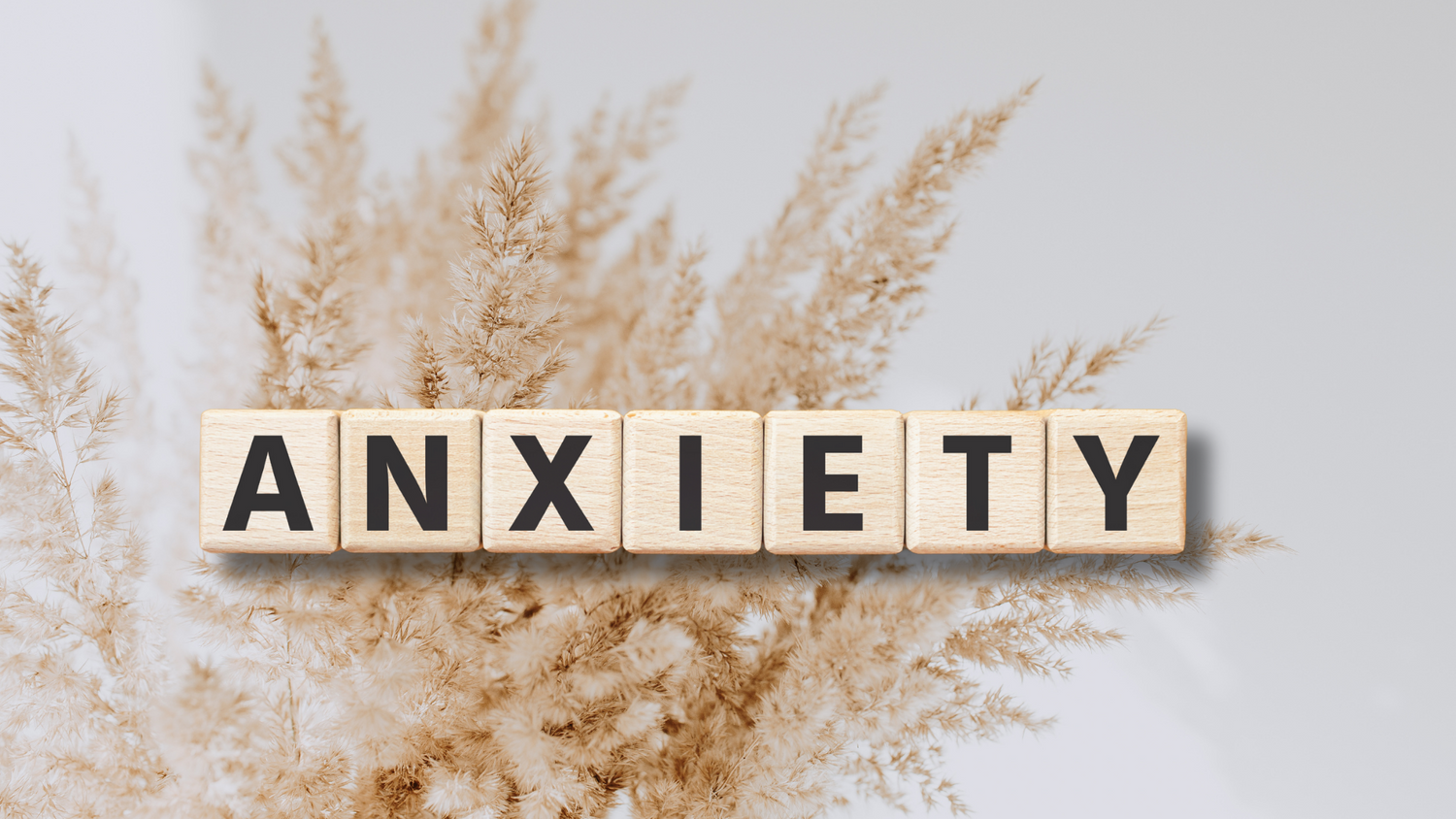Perimenopause might feel like a distant guest who announced they’d pop by someday, but who suddenly turns up at your doorstep way earlier than expected. While it's often mistaken to be a companion of the 50s, this transitionary phase might start knocking on the door much earlier than most women anticipate. Let’s unpack the misunderstood stage of perimenopause, its arrival, duration, and the pivotal role of awareness and advocacy. So, let’s get to know this (sometimes) early visitor a bit better, shall we?
What is Perimenopause?
Perimenopause is the transition phase leading up to menopause. It’s a period wherein the ovaries begin to produce less oestrogen, setting the stage for menopause. Symptoms may vary widely from subtle changes in menstrual patterns to pronounced physical and emotional signs like hot flashes, sleep disturbances, mood changes, and more.
When Does Perimenopause Start?
The timeline of perimenopause can be both surprising and confusing for many women. Though the average age for menopause hovers around 51 years old, with the typical age bracket spanning from 45-55 years, perimenopause can, in fact, kickstart significantly earlier. Indeed, perimenopause might stretch for up to 10 years leading up to menopause. Consequently, some women can start to experience perimenopause symptoms from as early as 35 years onwards.
Dr Mary Claire Haver, a leading authority in women's health, observes, "We often encounter women who are taken aback when they begin to experience these symptoms in their late 30s or early 40s. There's a prevailing notion that these are concerns exclusive to older age, but biology doesn't strictly adhere to societal expectations."
This early onset emphasises the necessity for improved awareness and understanding of perimenopause. It's crucial for women to be equipped with accurate information, so they can identify and manage the changes their bodies undergo during this transformative phase.
A Misunderstood Timeline
A common misconception among many women is that symptoms related to menopause won't start until they're in their 50s. As a result, early signs of perimenopause are frequently misdiagnosed or dismissed both by women themselves and, sometimes, by healthcare providers.
Dr. Naomi Potter, another expert in the field, notes, "There's a significant gap in awareness when it comes to understanding the timeline and diversity of perimenopausal symptoms. Recognising this phase early can help in better managing its physical and emotional impacts."
Advocacy and Awareness
Awareness is the first step. If you feel something isn't right or that the symptoms you're experiencing might be related to perimenopause, trust your instincts. Research, ask questions, and most importantly, seek a healthcare provider who listens to you.
To underline the importance of this, let me share a personal experience. In my journey to get answers, I encountered a range of dismissive responses. A GP waved away my concerns, stating that "perimenopause was a lazy diagnosis." Another specialist, after just a DEXA scan and weighing me, assured me of my health, casually suggesting I "take some iron" if I felt fatigued, without even considering a blood test. And when I finally met a specialist who conducted a blood test revealing fluctuating hormone levels, including a stark 0.0 testosterone, she brushed it aside, deeming it "normal" and attributing my concerns to stress. Spoiler alert: I wasn't stressed.
The journey through perimenopause, like any other health journey, requires support, understanding, and proactive management. As Dr. Potter aptly puts it, "Your health is your story. And no one knows it better than you do. Don't let it be rewritten by misconceptions or ignorance."
Perimenopause, while a natural part of a woman's life, remains shrouded in myths and misinformation. By understanding the earlier onset and duration of perimenopause, women can better prepare and navigate this phase with informed choices, fostering holistic well-being.
Remember, awareness begins with you. Advocate for your health, trust your intuition, and seek the guidance of those who understand and respect your journey.





